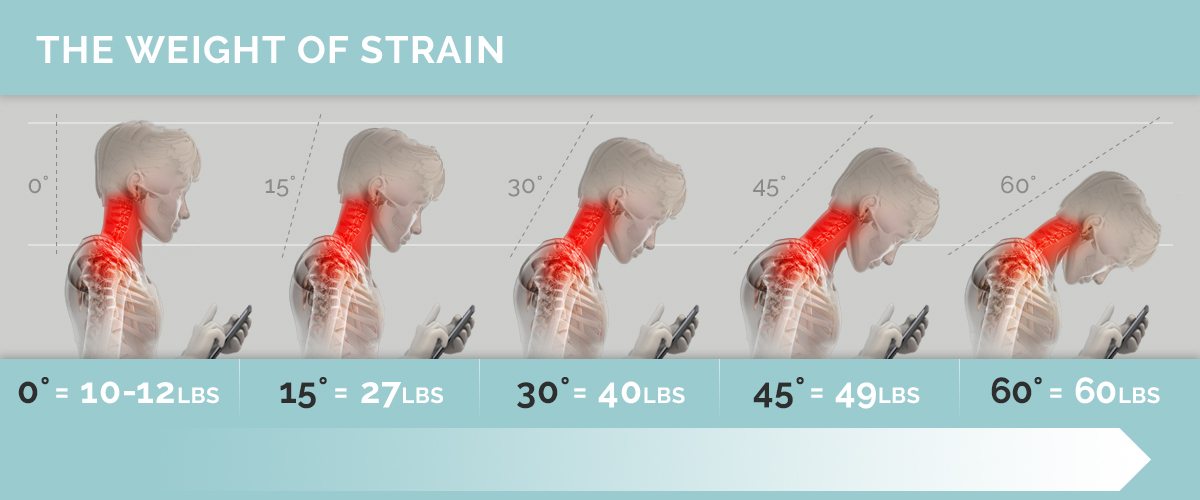Cycling is becoming increasingly popular in the UK. It is popular as a mode of cheaper and environmentally friendly transport, it is increasingly enjoyed for leisure with people wanting to get out and enjoy the fresh air, and, of course, it is a popular sport. And with two British riders placing within the top 10 final rankings at this year’s Tour de France, not to mention winning Gold at the Downhill World Champs and two gold and two bronze at the Cross Country Mountain Bike World Cup in Scotland this August, it is highly likely that the popularity of cycling as a sport will increase even further in the next few years.
Of course, like all sports, cycling is not without its fair share of strains and injuries, and one injury that plagues cyclists, in particular, is neck strain. Sometimes referred to as cyclist’s neck, the complaint occurs as a result of the extended position of the neck that is caused by craning, which often takes place when a cyclist is looking ahead to see the course in front of them.
Neck strain can also occur as a result of poor posture or an aggressive riding position. All of these can ultimately cause the trapezius muscle and the other muscles in the neck to develop stiffness and pain. The more cycling is undertaken with poor posture, the worse this type of injury can become.

Why Pilates?
Pilates is a great addition to any training regime for a range of different sports and is particularly good for cyclists.
Pilates exercises can help to strengthen, stretch, and also lengthen the muscles in the neck that become too tight and short from the hunched position that long distance cyclists find themselves in after a lengthy time in the saddle.
Pilates can also help to strengthen and improve how you handle a bike, as well as efficiency and balance when cycling. When a cyclist becomes tired in the saddle, their body begins to roll from side to side on the cycle, and Pilates can help to build up a strong and stable core that can reduce the effect that this has on the body.
This can help the cyclist to pedal in a smoother manner, one where their shoulders, head and body can remain still for longer.
When core strength is improved as a result of the right Pilates exercises, it can improve the way in which someone cycles, and this can help with neck strain.

Adding just a few of the right Pilates exercises to your routine will really help to improve the strength of your core and, therefore, your cycling. If you’d like further advice on the best exercises to help you ride better, please don’t hesitate to get in touch or join my online Pilates program for cyclists.
Favorite



